Plan Your Communications: Start with the End in Mind
Starting with the end in mind is such a useful way of thinking. I am aware it does not only apply to media interviews or presentations but is widely useful in everything from preparing a roast dinner to writing a business plan. So crucial is this idea that it is one of the seven habits of highly successful people identified by author Stephen Covey.
Planning your communications: start with the end in mind
However, as a media and presentation trainer, I can tell you that most people do not apply this simple way of being more effective when it comes to planning their communications. In fact, most people don’t plan their communications, period. The reasons they give are many and varied:
- Too busy.
- Talking or communicating is already a professional skill (so detailed prep for an interview or for a presentation is not necessary).
- It is boring.
- It’s not about me, it’s about the subject.
- I am not clear what if anything I want the audience to think or do.
I could go on.
5 minutes strategic thought saves hours of preparation
Of course, the reality is 5 minutes serious thought will save hours of preparation and will deliver a better result.
So, if preparing for a media interview it is worth asking yourself these questions:
- Who is the audience?
- Which bit of that audience matters to me? If you are doing national media it is clear that most people watching, or reading will have only a passing interest in the subject but the audience will include a few hundred key influencers, potential clients, important regulators etc. Knowing broadly who these people are and what you want to say to them is helpful.
- Is there anything I want people to do as a result of this interview: click a link, pick up the phone or make a purchase for example?
- So crucially – what headline or main idea do I want to see in the finished piece – or if television or radio, what do I want the audience to remember?
Once you have this clear in your mind the preparation of ‘messages’ or if you prefer your argument will be much quicker.
For a presentation, it is a similar process:
- Who is the audience?
- What do I want them to remember from the presentation?
- Is there anything I want them to do as a result of the presentation?
Advice to a younger me
If I could meet my younger self I would have a number of pearls of wisdom to pass on – top of the list would be to stop wearing heels to walk in. (Apparently crushed toes 20 years ago mean I now have misplaced toes so my feet find it difficult to keep me upright.)
But also high on the list would be to ‘start with the end in mind’ for all significant conversations. Even more usefully, I would advocate the practice of not only preparing for important conversations but preparing for unimportant ones. Once they have taken place I would suggest that my former self got into the habit of reviewing her ability to continue the conversation with the end in mind. Preparation can easily go out of the window in the intensity of the moment unless you have trained yourself. Training is easy to do because every conversation with the butcher, a neighbour or your stroppy teenager provides good opportunities for practise.
The guy that made me take this simple mantra – start with the end in mind – from a vague idea to a solid practice, was a UN negotiator I met in Kampala. I have forgotten his name, but I vividly remember his stories of negotiating with rebel leaders who had committed atrocities, in various parts of the continent. He had trained himself out of having any emotional reaction to the history of those he was dealing with and instead stayed completely focussed on his strategic aim, knowing the lives of innocent people (sometimes hostages, sometimes children) depended on it.
Few of my clients have such critical communication challenges, but we could all learn from his ability to keep his target in mind.
Here are other blogs we have written on related subjects
Preparing for a Media Interview: 5 key steps
5 Ways to improve that presentation
Developing Messages: Are you guilty of navel gazing?
The Media Coach is a group of working and ex-journalists who provide media and presentation training and message building for a wide variety of organisations. If you think we can help your team give us a call on +44 (0)20 7099 2212.
Photos used under creative commons licence.




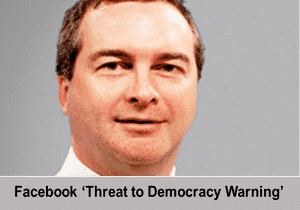
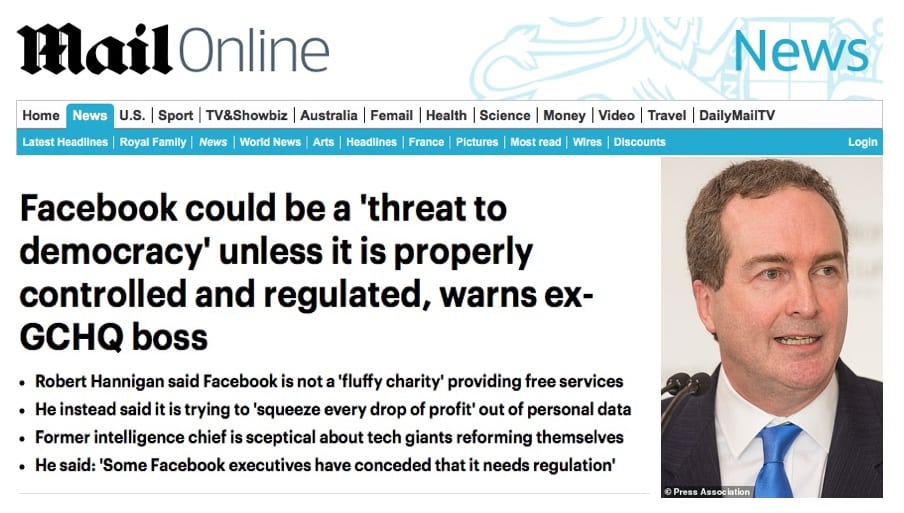
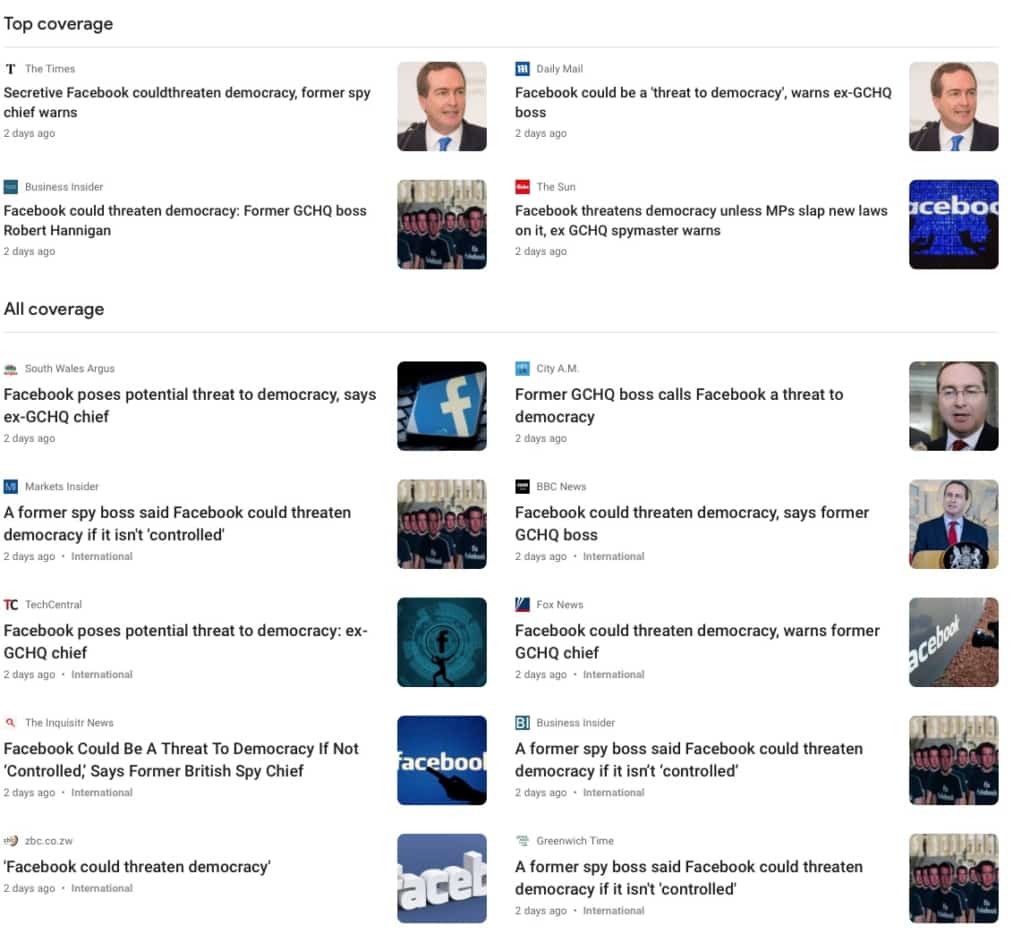



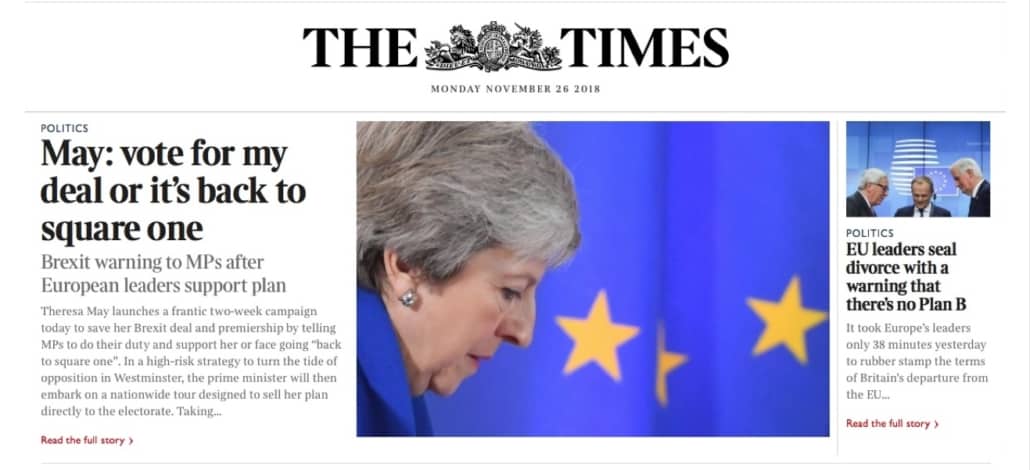
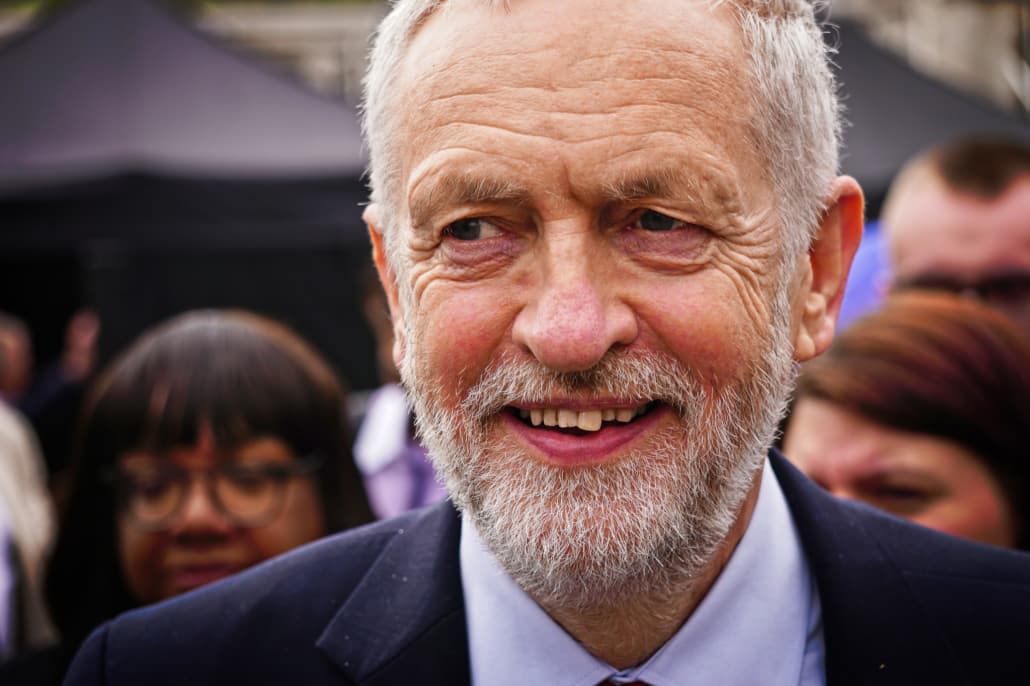



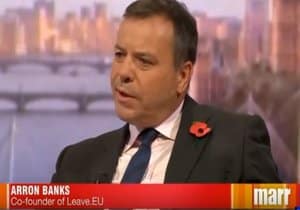

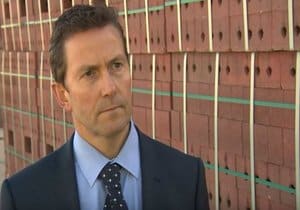


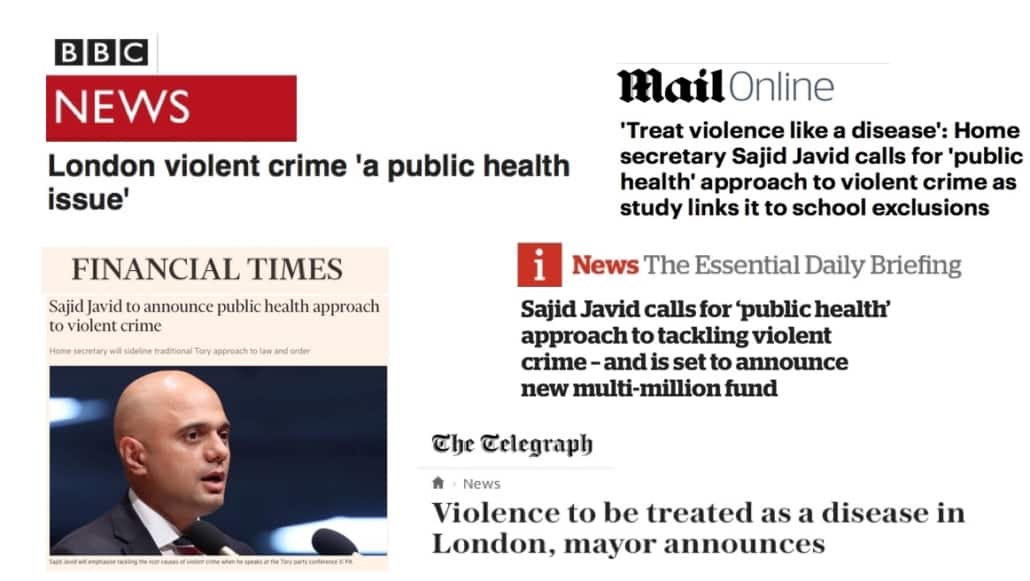

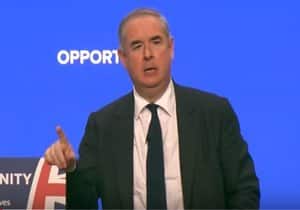

 Secondly, I am a great fan of metaphors because they help communicate meaning. However, in public life, they have to be chosen carefully and they can easily cause offence. Anything to do with sexism, racism or Nazis –
Secondly, I am a great fan of metaphors because they help communicate meaning. However, in public life, they have to be chosen carefully and they can easily cause offence. Anything to do with sexism, racism or Nazis – 